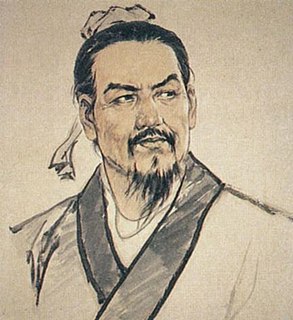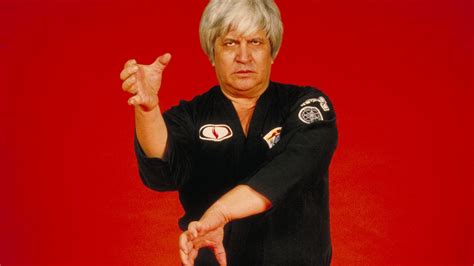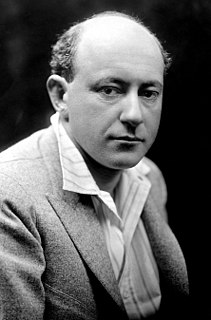A Quote by Ralph Waldo Emerson
Without ambition one starts nothing. Without work one finishes nothing. The prize will not be sent to you. You have to win it. The man who knows how will always have a job. The man who also knows why will always be his boss. As to methods there may be a million and then some, but principles are few. The man who grasps principles can successfully select his own methods. The man who tries methods, ignoring principles, is sure to have trouble.
Related Quotes
There is nothing so bad or so good that you will not find Englishmen doing it; but you will never find an Englishman in the wrong. He does everything on principle. He fights you on patriotic principles; he robs you on business principles; he enslaves you on imperial principles; he bullies you on manly principles; he supports his king on loyal principles and cuts off his king's head on republican principles.
We should go to the masses and learn from them, synthesize their experience into better, articulated principles and methods, then do propaganda among the masses, and call upon them to put these principles and methods into practice so as to solve their problems and help them achieve liberation and happiness.
The truly educated man is not a man who knows a bit of everything, not even the man who knows all the details of all subjects (if such a thing were possible): the “whole man” in fact, may have little detailed knowledge of facts and theories...but he will be truly in touch with the centre. He will not be in doubt about his basic convictions, about his view on the meaning and purpose of his life. He may not be able to explain these matters in words, but the conduct of his life will show a certain sureness of touch which stems from this inner clarity.
I learned that it is better, a thousandfold , for a proud man to fall and be humbled, than to hold up his head in his pride and fancied innocence. I learned that he that will be a hero, will barely be a man; that he that will be nothing but a doer of his work, is sure of his manhood. In nothing was my ideal lowered, or dimmed, or grown less precious; I only saw it too plainly, to set myself for a moment beside it.
A wise man's kingdom is his own breast: or, if he ever looks farther, it will only be to the judgment of a select few, who are free from prejudices, and capable of examining his work. Nothing indeed can be a stronger presumption of falsehood than the approbation of the multitude; and Phocion, you know, always suspected himself of some blunder when he was attended with the applauses of the populace.
Man has made 32 million laws since THE COMMANDMENTS were handed down to Moses on Mount Sinai more than three thousand years ago, but he has never improved on God's law. THE TEN COMMANDMENTS are the principles by which man may live with God and man may live with man. They are the expressions of the mind of God for His creatures. They are the charter and guide of human liberty, for there can be no liberty without the law.
A learned parson, rusting in his cell at Oxford or Cambridge, will reason admirably well upon the nature of man; will profoundly analyze the head, the heart, the reason, the will, the passions, the senses, the sentiments, and all those subdivisions of we know not what ; and yet, unfortunately, he knows nothing of man... He views man as he does colours in Sir Isaac Newton's prism, where only the capital ones are seen; but an experienced dyer knows all their various shades and gradations, together with the result of their several mixtures.
Nothing is so insufferable to man as to be completely at rest, without passions, without business, without diversion, without study. He then feels his nothingness, his forlornness, his insufficiency, his dependence, his weakness, his emptiness. There will immediately arise from the depth of his heart weariness, gloom, sadness, fretfulness, vexation, despair.







































